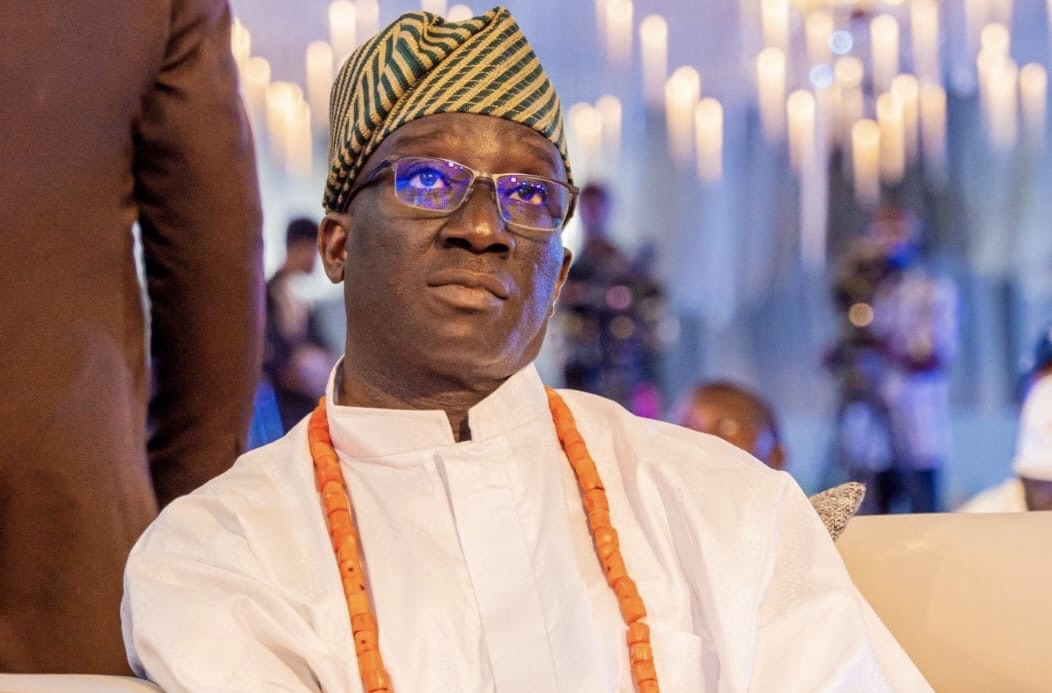Economic analysts from leading investment and research firms in the country are favouring a new rate hike by the Monetary Policy Committee (MPC) of the Central Bank of Nigeria (CBN) as it convenes for the 294th MPC meeting at the nation’s capital, Abuja. The meeting begins today and ends tomorrow, March 26, 2024.
The analysts’ projections are anchored on the rising inflationary trend, exchange rate volatility and its pass-through effect on prices of goods and services in Nigeria.
“Given the urgency of addressing inflation, the MPC is expected to prioritize policies aimed at curbing it. An increase in the Monetary Policy Rate (MPR) by 200bps to 24.75% is anticipated. While a rate hike is likely, the MPC might choose to maintain other policy parameters, such as the Cash Reserve Ratio (CRR),” Meristem Securities, said in a note to investors.
Meristem Securities added that such a decision would reflect a cautious approach towards managing system liquidity while prioritizing naira stability as the CBN sets its eyes on increasing FPIs to further support the exchange rate stability.
It should be recalled that at the last MPC meeting held between February 26th and 27th 2023, the committee raised further the benchmark interest rate, the Monetary Policy Rate (MPR), to 22.75 percent from 18.75 percent, amounting to an increase of 400 basis points. It also raised the Cash Reserve Ratio (CRR) to 45 percent from 32.5 percent, maintained the liquidity ratio at 30 percent while the asymmetric corridor around the MPR was left at +100/-700 basis points from +100/-300 basis points.
“As the MPC meets next week, we expect them to raise interest rates by 100–150 basis points. Maintaining the status quo or cutting rates are not viable options on the table,” Financial Derivatives Company (FDC) said.
Afrinvest says it foresees a rate hike of about 100-200 basis points but recommends that the best decision to take now in view of the last rate hike is to retain the existing rates.
“We anticipate between 100-200 bps rate hike next week. That said, we recommend a hold decision as a more appropriate path considering the strong interest rate hike less than a month ago,” Afrinvest said.
Notwithstanding the hawkish stance of the CBN, both the headline and food inflation continued to soar, reaching new highs in February 2024. According to the nation’s data agency, the National Bureau of Statistics (NBS), headline inflation rose to 31.70 percent and food inflation jumped to 37.92 percent in February 2024.
One of the reasons the CBN took the hawkish stance in February was to address the surging inflation.
“The price stability mandate vested in the Central Bank necessitates making difficult decisions to steer the economy towards recovery. Given the imperative to curb inflationary pressures, which could pose social challenges and impede long-term growth prospects, I am persuaded that the MPC must adopt an assertive stance by tightening monetary policy measures,” Olayemi Cardoso, CBN governor said in February.
Exchange rates of the naira to other international currencies, especially the US dollar, have strengthened, partly due to the hike in interest rate, and the clearance of the FX backlogs which have helped in stabilizing the FX market in the near term.
It was reported that the CBN had cleared about $7 billion FX backlog with the payment of arrears owed to foreign airlines and other stakeholders.
Further, and according to FMDQ Exchange, the naira closed at N1,431.49/$ last week Friday March 22, an improvement on about N1600/$ as of the last time the MPC held its inaugural meeting under the new leadership at the CBN.
“The exchange rate is a key driver of inflation. The exchange rate pass-through in Nigeria is estimated at about 82%. Thus, a depreciation of the naira raises import costs, leading to higher domestic prices for imported products and potentially driving overall inflation,” FDC stated in a note to investors.
The appreciation in FX rates is also attributed to the improvement in external reserves. Based on the CBN data on external reserves, Nigeria gained about $800 million as the nation’s external reserves from $33.52 billion as of February 23, 2024 to $34.26 billion on March 21, 2024.


